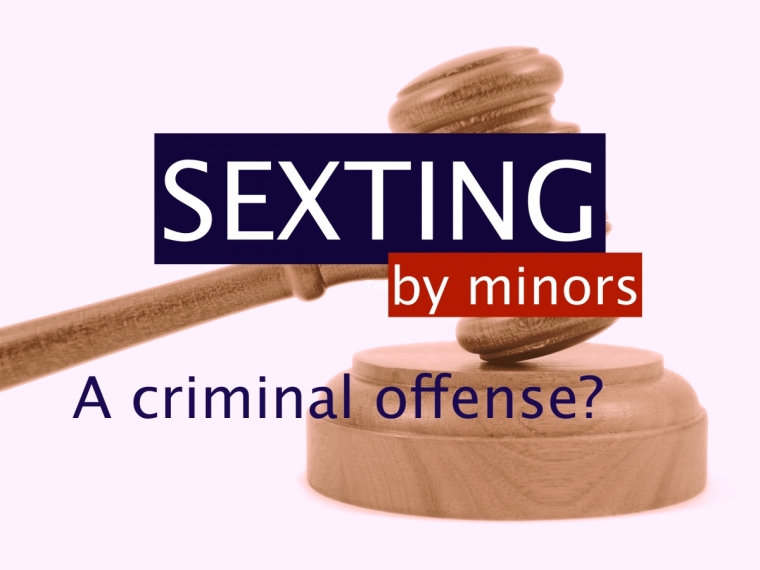High school quarterback and girlfriend charged with felony 'sexting' & registered as sex offenders

FAYETTEVILLE, N.C. (Christian Examiner) – Two North Carolina teens were charged with sexual crimes for making and sharing explicit photos of each other via cell phone.
High school quarterback Cormega Copening, 17, and his girlfriend Breanna Denson, 16, faced felony charges, a conviction for which could have warranted a prison sentence and resulted their being registered as sex offenders.
Police obtained access to Copening's phone in October while investigating an unrelated matter and found that he possessed an explicit photo of himself and his girlfriend. Charges were brought against him and Denson in February, according to the North Carolina News & Observer.
Both Copening and Denson have agreed to deferred prosecution agreements, and Copening has been allowed to return to the team. Denson accepted a fine and one year of probation, during which she will not be allowed access to her phone.
Sgt. Sean Swain of Cumberland County's sheriff's office said the possession of the photos was criminal.
"Simple possession [of] having it on your cell phone is a charge itself, and if you should send it out to another person, that is another charge," he said in an interview with ABC.
In North Carolina, a 16-year-old may be tried in a criminal, not a juvenile court. Eighteen is the age at which it is not a crime to appear in a sexually explicit photo.
Consequently, Copening and Denson were tried as adults for being minors.
SEXUAL EXPLOITATION
The teens faced charges of sexual exploitation, which, along with obscenity and disseminating material harmful to minors, are three of the charges that relate to "sexting" in the state, according to a North Carolina criminal law blog that discussed the teens' case.
The author of the blog suggests when, as in Copening and Denson's case, the exchange of photos was consensual between dating teens, the situation should not be considered criminal. Rather, as numerous community members observed, the case could be more properly addressed by parents than judges.
"It just seems more of a parental kind of issue than it is a criminal issue," James Anderson, a Cumberland County attorney, told the News & Observer.
If either teen had been charged in juvenile court, they would have been exposed to less publicity and less risk of permanently marking their records as sex offenders.
UNFORESEEN IMPACT
A Drexel University study found that over 50 percent of teens reported to "sexting," which was defined as sexually explicit text messages that may or may not be accompanied by photos, for the purposes of the study.
In explaining the impact of the study, Drexel researcher David DeMatteo pointed out the minors are largely unaware of the potential legal ramifications of their actions. "This is a scary and disturbing combination," he said.
"Given the harsh legal penalties sometimes associated with youth sexting and the apparent frequency with which youth are engaging in it, the lack of comprehension regarding such penalties poses a significant problem," DeMatteo said.
In light of this, some people feel that "sexting" laws should make allowances for or be rewritten to include circumstances like that of Copening and Denson, teens who made the photos for and exchanged them only with each other.
However, the situation is not ambiguous. Under current law, the creation and possession of such photos is a sex crime.